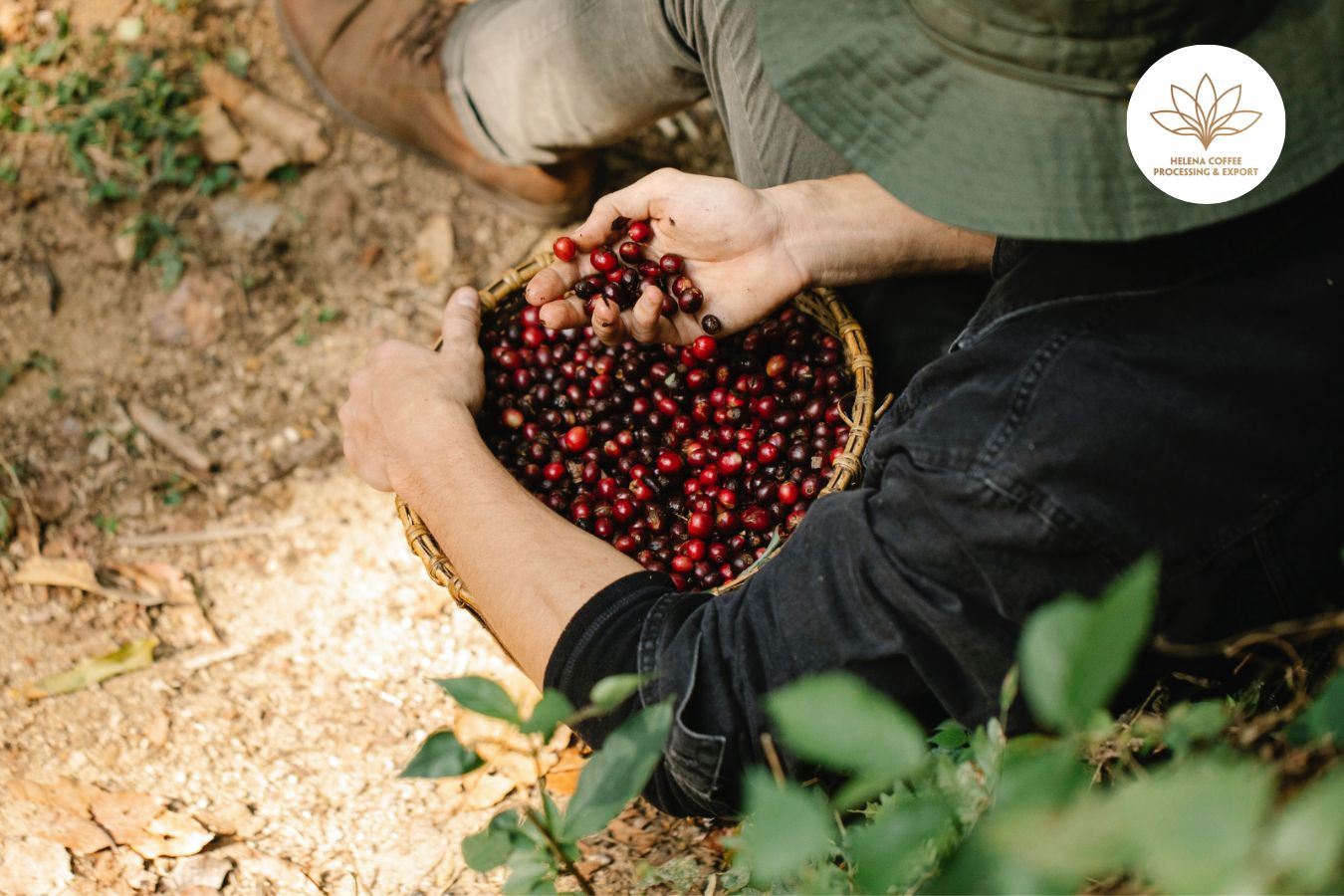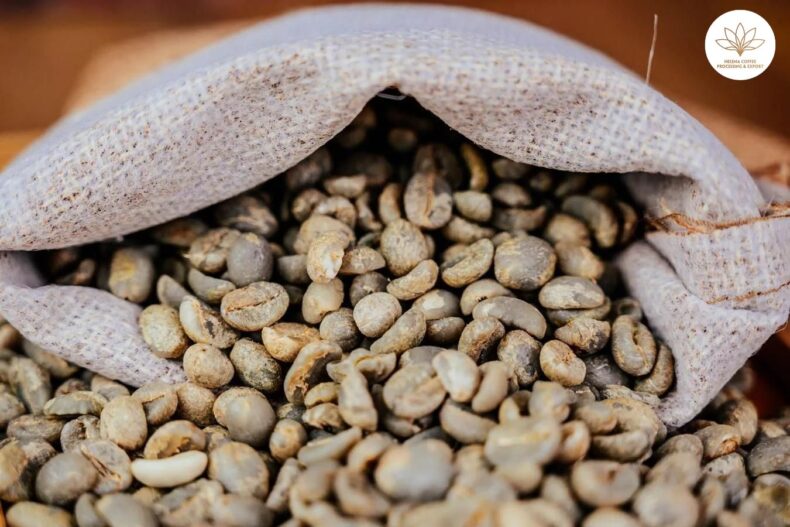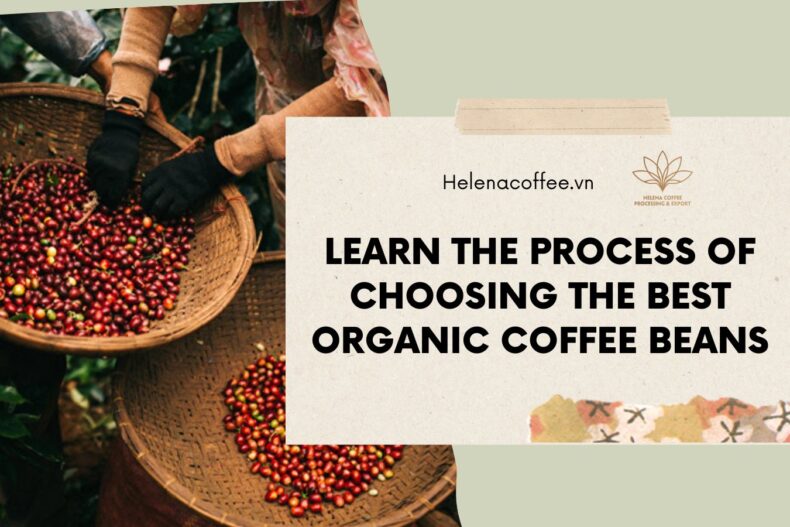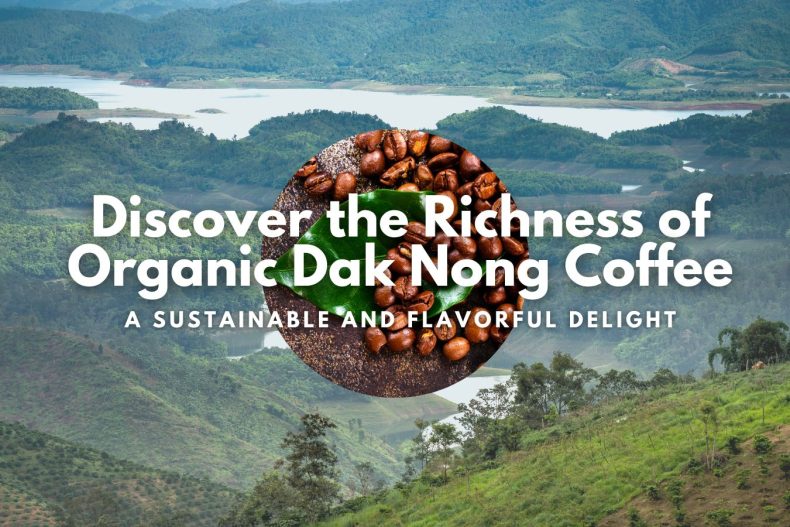
Belief in organic products
Certified organic coffe
The agricultural industry in general, and each agricultural product in particular, exist in a fragile equilibrium. When one good factor is promoted, it will lead to weakness in the other. So, let’s talk about some of the shortcomings of organic food products before we delve into the practice of the coffee industry itself.
The first is that organic produce is often no more nutritious than conventionally grown produce. Of course, coffee is not consumed for its nutritional benefits, so this is unlikely to influence coffee purchases one way or another.
Second, pesticide residues on food are a significant concern for modern-day consumers, but The Power Of several recent SCA studies has determined that organic food may not be safer than conventional food often. This is true for coffee beans, where there is little or no chemical residue after the beans are separated from the fruit (the part exposed to pesticides).
Furthermore, in the roasting process, the organic and non-organic kernels are both dried, then roasted at very high temperatures, further ground, then extracted in hot water, both of which end up in a near-zero state, completely organic.
In the end, pure organic coffee does not mean higher quality than non-organic coffee. Organic coffee is usually grown under a tree, which tends to ripen more slowly.
Slower growth can enhance flavor accumulation, resulting in a tastier cup. This subtlety may go unnoticed by the average consumer, and of course, any coffee, carelessly harvested or processed, can result in a lousy cup. There is no guarantee that the fragile potential of organic coffee is preserved down the supply chain.
So, if organic coffee is unhealthy and doesn’t taste better than conventional coffee, why should buyers support it, especially given the higher price tag?
Environmental effects
To be certified organic, close monitoring of fertilizers and pesticides is required. The coffee case may differ slightly from that of other agricultural products in that the coffee plant is not susceptible to disease and insect damage.
They are shrubs growing densely in the wild. The problem is that we need a lot more from that type of fruit than nature allows for a coffee tree. Therefore, a large amount of fertilizer is introduced to help the tree better nourish the fruit.
However, these fertilizers cannot compete with chemical fertilizers. Of course, coffee plants that are not adequately fertilized will yield less.
Yield from organic farming organically grown coffee
Conventional farms in the Latin American region apply up to 250 pounds of chemical fertilizer per acre. And they use tons of pesticides that are harmful to human health and affect biodiversity.
On the other hand, a conventional farm is encouraged to use coffee pods after wet processing to make fertilizer; they cannot meet the demand for thousands of coffee trees. They need to have an additional source of organic fertilizer.
As a result, the barrier to ensuring adequate organic fertilizer is often limiting yields to organic coffee growers by about 30% (in some cases) lower than non-organic yields.

So, in the end, it’s not a matter of whether you choose to use organic or inorganic fertilizers, which is realizing that paradox in top-consuming countries like the United States.
The USDA sets standards for what pesticide residues it wants. While also, the industrial economy from them creates market demand. When prices go up or down, farmers are still at the bottom of the supply chain. You have to deal with yield, crop preservation, or trade-offs with organic certification – while townspeople in industrialized countries only care about price and label certification.
Environment and Livelihood
According to the World of Organic Agriculture 2016 report, coffee is the world’s largest organic crop. Although it accounts for only two percent of all organic produce, it accounts for more than 20 percent of organic cropland and more than half of permanently arable land in Latin America, where most coffee is grown.
Organic coffee is grown. Moreover, coffee is distributed mainly in the tropics, an area with biodiversity with the most complex ecosystem in the world. This fact also puts the coffee tree in another paradox.
Located in the middle of a belt of high biodiversity globally, while being promoted beyond normal, coffee has to face the pests and diseases that mother nature uses as a tool. To maintain “biological balance.”
This puts farmers in a balance. On one side of the scale, you must be able to generate productivity from organic coffee without affecting the natural ecosystem;
On the other hand, for years on end, you don’t know how Mother Nature would behave with a coffee plantation like that.

Under strict rules set forth by several agencies, including the United States Department of Agriculture (USDA), require the soil to be free of pesticides and chemical fertilizers for three years.
This puts the coffee plant in jeopardy of bio-equilibrium, where you can get certified Organic for your coffee bags. Tropical rainforests and wildlife can remain healthy. Only there is not a single coffee tree that can bear fruit.
Economic dynamics of organic coffee
Fairtrade coffee
Coffee farmers are primarily driven by economics. Organic farming often incurs high costs. Weeding by hand, pruning shade trees, and implementing integrated pest management add labor costs.
On the other hand, a complicated problem is the production or purchase of large quantities of organic fertilizers for fertilizer use; synthetic fertilizers are not allowed due to the high use of fossil fuels in production and their limited use in promoting healthy soil.

Using chemical fertilizers, a farmer can yield about 485 pounds of coffee per acre, compared with 285 pounds per acre on an organic farm, according to CATIE. With coffee prices rebounding from record lows a decade ago, there is little financial reason for growers to continue choosing organic farming.
The problem is that organic coffee can’t do anything more than make money. A lot of organic coffee from Central and South America is sold as “non-organic” because importers don’t want to pay more for certified coffee.
But… the roasters don’t want to pay the extra 50 cents for these bags of coffee,” said Gerardo De Leon, manager of Fed ECOCAGUA, Guatemala’s most significant organic coffee cooperative that represents 20,000 farmers. Talk about buyers not wanting to pay $2/pound for green coffee.
Promising economic benefits
Ten years ago, when coffee prices were at their lowest, and at the urging of a number of development groups, tens of thousands of farmers in Latin America began to change their farming methods to make certified organic products.
To do so, farmers follow strict rules set forth by several agencies, including the U.S. Department of Agriculture, that require the soil to be free of pesticides and chemical fertilizers for three years.
However, farmers do not receive the financial benefits of organic coffee until it is certified. This means they will incur additional costs for three years.

Certification fees are also another burden for organic coffee farmers. Organic practices are verified by annual inspections, and to be certified, farmers must pay.
These costs, combined with lower productivity and increased labor costs, are often not fully offset by the price premium paid for organic coffee (i.e., the price premium), which is typically around 20 to 25%. This can make organic production impossible for farmers.
Even though the organic label lets people pay 25% more than they would for regular coffee, this isn’t enough to cover the extra costs of making it and make up for the fact that it doesn’t sell as much. For consumers (or buyers), farmers are using chemical fertilizers and pesticides again to save money, which is bad for the environment.
Finally, one of the requirements for organic certification is to produce separately from conventional coffee in the supply chain.
And other players in the supply chain. Therefore, the organic coffee story will continue to unfold throughout the complex supply chain of coffee beans.
References:
- Primecoffea, Sức mạnh của cà phê hữu cơ, Tháng Tám 17, 2019
- www.csmonitor.com/ -Organic coffee: Why Latin America’s farmers are abandoning it
- www.scanews.coffee/ – The Power of Organic Coffee
FAQ: finca irlanda chiapas, search shop coffee


